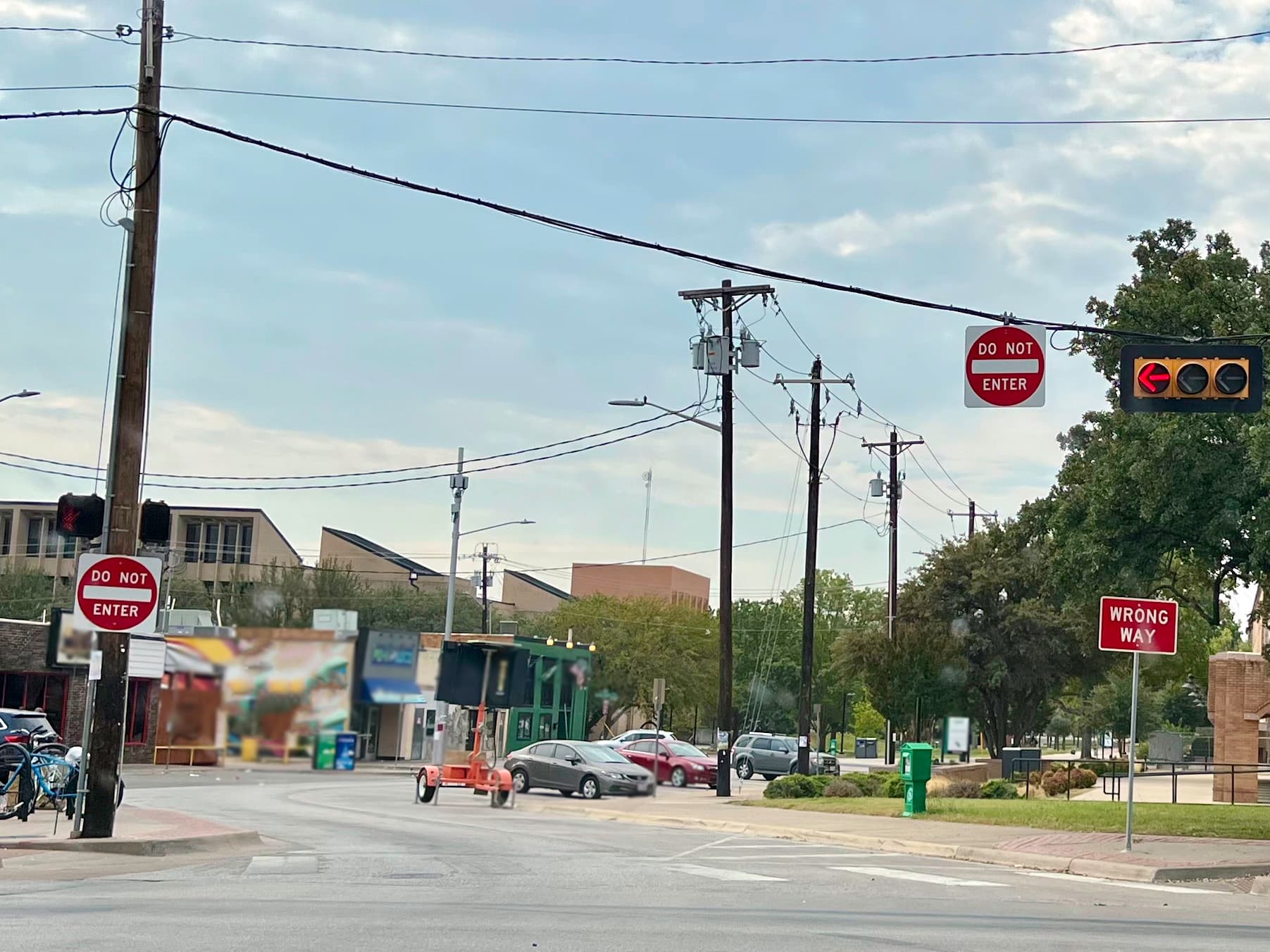A new study presented at the American Heart Association's Scientific Sessions 2024 has uncovered a troubling link between historical redlining practices and present-day cardiovascular health issues in affected communities. The research, led by Dr. Rebekah J. Walker from the University at Buffalo, demonstrates that neighborhoods previously subjected to discriminatory housing policies continue to face higher rates of heart disease, Type 2 diabetes, high blood pressure, and obesity, coupled with reduced access to healthy food options.
The study analyzed data from over 11,000 U.S. Census tracts across 38 states, revealing that areas historically marked as 'hazardous' for mortgage lending—a practice known as redlining—now experience significantly higher rates of cardiovascular issues. On average, 11.8% of residents in these formerly redlined neighborhoods have Type 2 diabetes, 31.9% have high blood pressure, 6% have heart disease, and 31.8% are affected by obesity.
Researchers identified both direct and indirect associations between redlining, limited access to healthy foods, and increased prevalence of cardiovascular diseases. This finding underscores the enduring impact of structural racism on public health, even decades after such discriminatory practices were officially outlawed.
The implications of this study are far-reaching, highlighting the need for targeted interventions to address health disparities in communities still bearing the scars of past discrimination. Dr. Walker emphasized the importance of recognizing how historical events continue to shape current living conditions and health outcomes, calling for increased awareness among healthcare professionals and policymakers.
Dr. Clyde W. Yancy, former American Heart Association volunteer president, described the study's findings as 'disheartening' but also saw reason for optimism. He stressed the need for innovative strategies and breakthrough science to combat the lingering effects of redlining and improve access to healthy foods in affected areas.
The research aligns with recent initiatives by the American Heart Association, including the 'Health Care by Food' program, which explores the integration of healthy foods into medical treatment plans to improve health outcomes and reduce healthcare costs. Such initiatives could prove crucial in addressing the nutritional disparities highlighted by the study.
While the observational nature of the study limits conclusions about direct causality, its findings provide compelling evidence of the long-term health consequences of discriminatory housing policies. As the American Heart Association enters its second century of work, addressing these persistent health inequities remains a critical challenge for researchers, policymakers, and healthcare providers alike.
The study's results call for a multifaceted approach to improving cardiovascular health in historically marginalized communities, combining efforts to enhance food access, address social determinants of health, and develop targeted interventions to mitigate the ongoing impacts of past discriminatory practices. As research in this area continues, it becomes increasingly clear that achieving equitable health outcomes will require addressing not only current disparities but also the historical factors that have shaped them.




